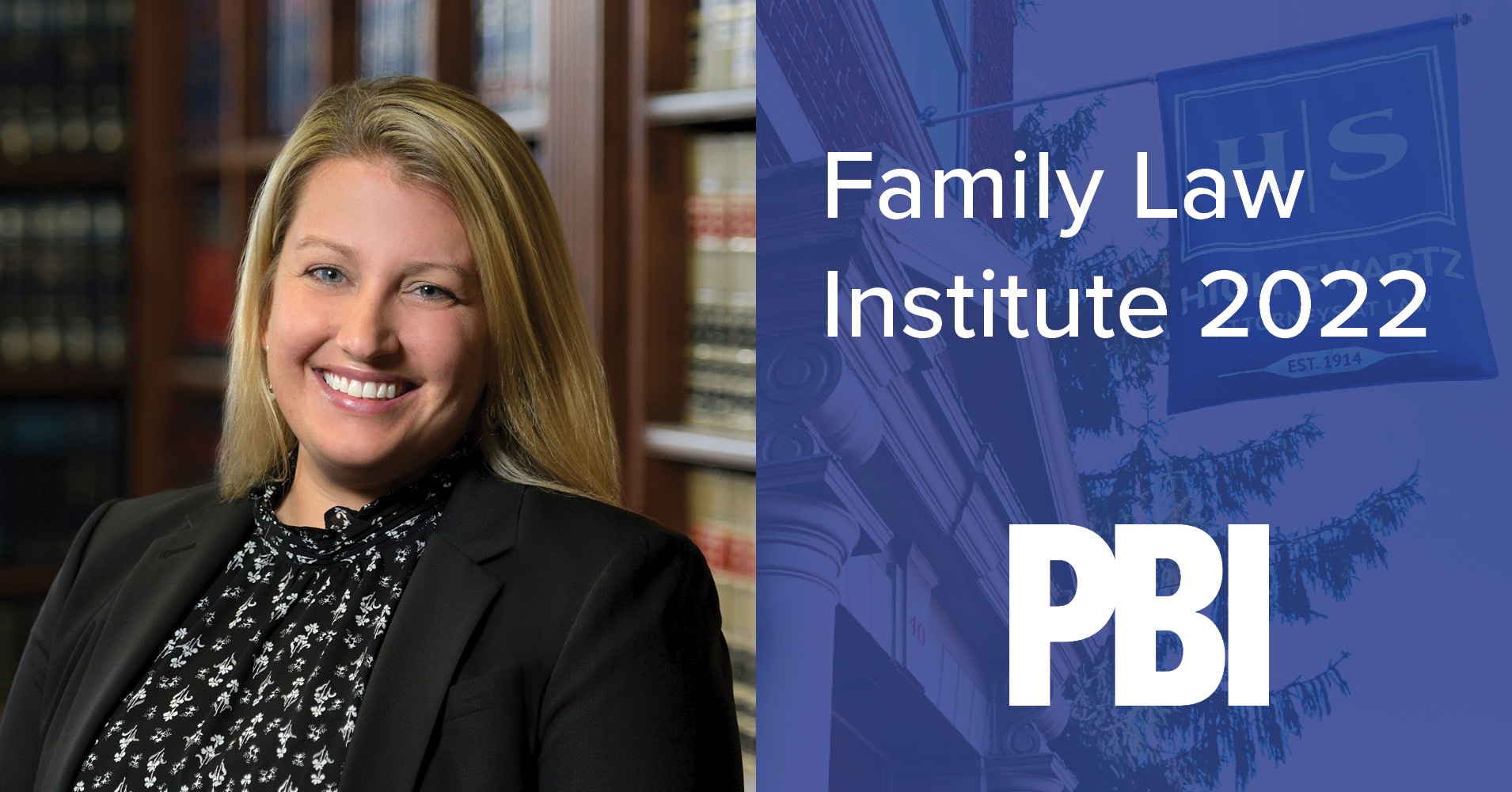With limited exceptions, Pennsylvania requires employers to carry workers’ compensation insurance.
Employees will be happy to know that workers' comp coverage applies to those throughout their employment. But what if your employer doesn’t have workers’ comp?
First, your employer faces some harsh penalties. It’s considered a criminal offense where the employer faces fines up to $2,500 or a year in prison for each day the employer fails to provide coverage. Each day is considered a separate offense.
Second, suppose a court finds the lack of compliance intentional. In that case, the employer may face felony charges with fines up to $15,000 and seven years of imprisonment for each day they’ve intentionally violated the requirement.
So legally, it’s in a company’s best interest to carry workers comp. But what if your employer doesn’t have workers’ compensation and you’re injured? Other than talking with a work injury lawyer near you, where's that left you?
What Are Your Options with Employers Lacking Workers Comp Coverage?
The good news is that you do have options even if your employer doesn’t have workers’ compensation.
Option 1: Uninsured Employers Guaranty Fund (UEGF)
Many states have a fund to protect workers injured while working for an uninsured employer. Pennsylvania has the UEGF that allows you to file a claim. A workers’ compensation judge oversees your case, and the UEGF assigns a lawyer to defend your claim.
If your employer is uninsured, the UEGF holds them primarily liable, with the UEGF secondarily liable. Your employer then has 30 days to pay the money you’re owed.
Your employer is most likely not going to pay. So, the UEGF makes the payment you would have received from your employer for damages like medical bills, disability benefits, and lost wages.
Now, this approach has some downsides. And unlike the typical workers’ comp claim where you might consider hiring a workers comp attorney, with a UEGF filing, you’ll want a workers comp lawyer representing you.
First, the UEGF has limited financial resources because it’s state-funded. As a result, it could take months to receive payment.
Second, unlike an insurance company that can be penalized for failing to pay within a prescribed timeframe, the UEGF has no obligation.
And finally, the UEGF doesn’t have to pay annual interest on back benefits vs. an insurance company that does. So you’re beginning to see why a work injury lawyer makes sense.
By the way, you must file a claim within 45 days from the date you discover your employer is uninsured. Otherwise, your employer’s obligations cease.
Option 2: Personal Injury Lawsuit
If you decide against filing a UEGF claim, your next best option is to hire a personal injury lawyer and sue the employer. Even though injured employees typically can’t sue their employer for work-related injuries, most states, Pennsylvania included, make exceptions when employers don’t carry workers’ compensation.
One advantage to electing this option is seeking the total amount of your losses. Many states, for example, only pay two-thirds of a worker’s wage loss. Plus, you’ll receive no reimbursement for pain and suffering.
And that’s the other advantage to a suit; you can seek damages for pain and suffering, not to mention punitive damages. Pain and suffering cover not only the injury but also emotional distress. On the other hand, punitive damages reflect damages stemming from the employer’s misconduct. Neither of these damages can be collected through a workers’ compensation claim.
Although you can potentially collect more through a personal injury lawsuit, this approach has its downside. For starters, your case needs to go through the legal process. Unfortunately, that can lead to significant delays in getting payment, months or even years.
Plus, even if you win the personal injury suit, there’s no guarantee you’ll get paid. After all, if your employer fails to carry workers’ comp insurance, what’s to say they’ll pay compensation stemming from your lawsuit?
And yes, there’s the chance you could lose your lawsuit. Unlike workers’ compensation, a no-fault system, you’ll need to prove your employer was a fault for your injury. So, if you elect to take this route, it’s best to immediately talk with a work injury lawyer to start the process and ensure you take the proper steps to file a personal injury lawsuit.
Injured and Your Employer Doesn’t Have Workers’ Compensation?
Give us a call. Our workers’ comp lawyers will work with you to determine your best option for getting reimbursed for your injury. We also have personal injury lawyers on hand to support a potential lawsuit.
High Swartz is a long-standing law firm serving Bucks and Montgomery Counties clients. We offer various legal services to support you with almost any concern.






